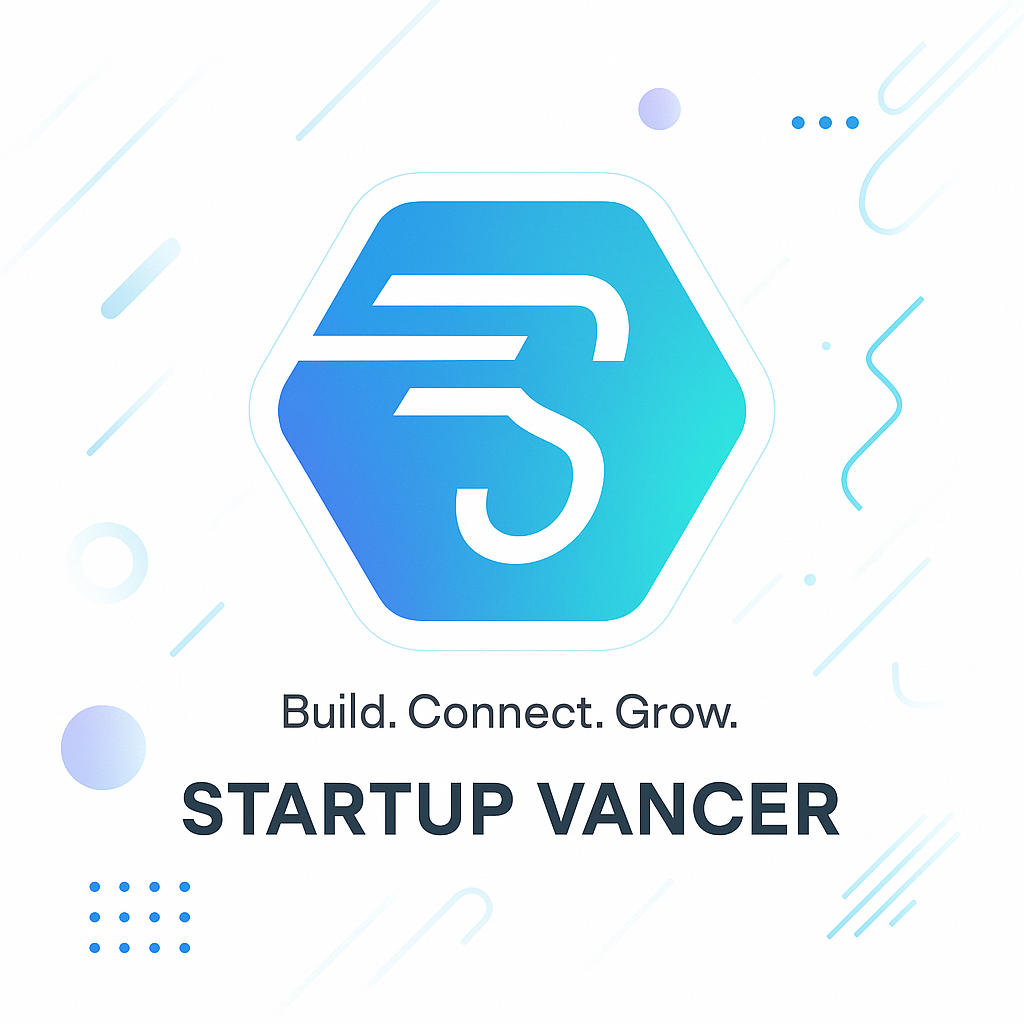
In today’s fast-paced business landscape, fostering corporate innovation is not just a luxury but a necessity for companies aiming to stay competitive. Encouraging intrapreneurship within your organization allows employees to act like entrepreneurs, leading to fresh ideas that drive growth. By implementing agile corporate processes and establishing dedicated innovation teams, you can cultivate an innovation culture that empowers your workforce to think creatively and embrace change. This how-to guide will walk you through essential strategies to promote a startup mindset within your company, enabling you to effectively harness the innovative potential of your team.
Implementing Agile Processes Internally
To foster a startup mindset within your organization, it is crucial to implement agile processes internally. Agile methodologies embrace flexibility and iterative learning, enabling teams to respond quickly to market changes and customer feedback. Here’s how you can set the stage for agility:
| Action Step | Description |
|---|---|
| Adopt Cross-Functional Teams | Create diverse teams comprising members from different departments to enhance collaboration and creativity. This approach encourages the sharing of ideas and diverse perspectives. |
| Establish Short Feedback Cycles | Implement regular check-ins and reviews to gather feedback from stakeholders or customers. Short, time-boxed iterations allow for quick adjustments and enhancement of project approaches. |
| Promote Experimentation | Encourage teams to test new ideas rapidly. Celebrate both successes and failures as learning opportunities, consistent with a culture of intrapreneurship. |
| Use Agile Tools | Utilize tools like Kanban boards or Scrum frameworks to visualize task workflows and progress. This promotes transparency and accountability within teams. |
| Continuous Education | Invest in training programs to equip employees with agile skills and mindsets. Facilitate workshops or sessions to continually refine and adapt processes for sustained innovation. |
By embracing these agile practices, your organization not only accelerates innovation but also cultivates an innovation culture that allows for quick pivots and creative brainstorming, ensuring you stay competitive in a fast-paced environment.

Creating Dedicated Innovation Teams
To effectively cultivate a startup mindset within your organization, establishing dedicated innovation teams is crucial. These teams should be composed of diverse talent from various departments and empowered to pursue creative projects without the constraints of traditional corporate structures.
Why Dedicated Teams Matter
- Focused Creativity: Innovation teams concentrate solely on exploring new ideas and solutions, which fosters an environment conducive to intrapreneurship.
- Agile Execution: By having teams that are agile corporate units, organizations can rapidly implement and iterate on new concepts. This breaks down silos and enhances collaboration.
Structuring Your Innovation Teams
| Element | Details |
|---|---|
| Composition | Form cross-functional teams including marketing, R&D, finance, etc. |
| Leadership | Appoint a leader with a track record in entrepreneurship to drive innovation culture. |
| Goals & Objectives | Set clear, measurable objectives aligned with overall business strategy. |
| Resources | Ensure teams have access to necessary tools, technologies, and a budget dedicated to experimentation. |
Encouraging a Culture of Experimentation
Empower your innovation teams to embrace calculated risks. This means encouraging them to test bold ideas, accept failures as learning opportunities, and iterate based on feedback. It’s essential to support a culture that rewards creativity and outside-the-box thinking, leading to a dynamic innovation culture that not only aligns with business goals but also motivates employees. By doing so, your organization will be better equipped to adapt and thrive in the rapidly changing business landscape.
Metrics for Corporate Innovation Success
To truly measure the effectiveness of your corporate innovation initiatives, it’s essential to implement clear metrics for success. Start by defining what innovation means for your organization—whether it’s launching new products, improving processes, or enhancing customer experiences.
Key Performance Indicators (KPIs) may include:
- Revenue Growth from New Products: Track how much revenue is generated by innovations compared to existing products. This indicates the financial impact of your innovative efforts.
- Time to Market: Measure the speed at which new ideas transition from concept to launch. A shorter time frame reflects an agile corporate environment conducive to swift execution.
- Employee Engagement in Innovation Activities: Evaluate the participation and satisfaction levels of team members involved in innovation projects. High engagement signals a healthy innovation culture and fosters intrapreneurship within your organization.
Incorporating these metrics will not only help you assess your current initiatives but also guide adjustments, ensuring sustained growth and alignment with strategic objectives. Ultimately, focusing on effective metrics empowers you to pivot quickly and iterate on innovative efforts that drive real business success.
Frequently Asked Questions
What does it mean for a corporation to act like a startup?
When a corporation acts like a startup, it embraces agility, innovation, and a culture that fosters creativity. This involves creating smaller, cross-functional teams known as ‘innovation pods’ that operate independently to quickly develop and test new ideas, similar to a startup’s approach. Such a shift encourages a mindset that prioritizes rapid iteration, real-time feedback, and a willingness to pivot based on customer needs and market dynamics. For example, the use of lean methodologies and agile frameworks allows employees at all levels to contribute ideas and solutions, driving innovation more effectively than traditional, hierarchical structures.
How can established corporations implement startup-like practices?
To implement startup-like practices, established corporations can start by encouraging a culture of innovation where employees feel empowered to test their ideas without the fear of failure. This can be accomplished through initiatives such as ‘innovation sprints’ or workshops that harness diverse teams for rapid prototyping. Companies should also focus on breaking down silos between departments, allowing for collaborative brainstorming and problem-solving. Additionally, by investing in external partnerships with startups or innovation ecosystems, corporations can integrate fresh perspectives and technologies, enhancing their innovation pipeline and adapting to market changes more swiftly.
What are the benefits of adopting a startup mentality within a corporation?
Adopting a startup mentality within a corporation can yield multiple benefits, including increased responsiveness to market changes, enhanced employee engagement, and improved innovation outcomes. This fresh approach fosters a culture where experimentation is encouraged, leading to quicker identification of viable ideas and products. Moreover, it helps streamline decision-making processes, allowing teams to act swiftly on opportunities or challenges. Overall, by emulating the dynamism of startups, corporations position themselves to be more competitive in fast-paced markets, enhancing their ability to meet customer demands and capitalize on emerging trends.






